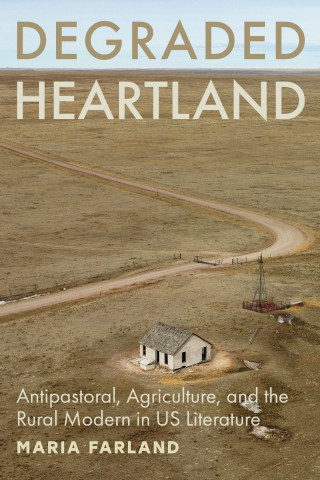
Reviews
Women, Writing, and the Industrial Revolution provides us not only with a rigorous and persuasive reworking of some gender and class assumptions about nineteenth-century industrialism, but also with some vibrant and illuminating critical readings.
[Zlotnick] forces us to rethink the whole issue of industrial capitalism and especially its effect on women in the workforce (including female novelists themselves, who benefited greatly from the expanded market for literature capitalism made possible). This is a far-reaching and original book that should be required reading for all students and scholars of 19th-century literature.
A compelling new reading of an important facet of British cultural history, based on contrasting literary treatments of the effects of the industrial revolution by male and female writers.
Distinguished by clarity of prose and quality of research... Contributing a new reading of the social problem genre in relation to gender, this study adds a crucial perspective through its emphasis on noncanonical and working-class writing.
Susan Zlotnick's study is a highly readable contribution to what looks like being a revisionist (and distinctly feminist) phase in the academic project of 're-reading the industrial revolution'.
Book Details
Introduction
Chapter 1. A "World Turned Upside Downwards": Men, Dematerialization, and the Disposition-of-England Question
Chapter 2. The Fortunate Fall: Charlotte Brontë, Elizabeth Gaskell, and Female
Introduction
Chapter 1. A "World Turned Upside Downwards": Men, Dematerialization, and the Disposition-of-England Question
Chapter 2. The Fortunate Fall: Charlotte Brontë, Elizabeth Gaskell, and Female Myths of Progress
Chapter 3. Frances Trollope, Charlotte Elizabeth Tonna, and the Early Industrial Discourse
Chapter 4. Nostalgia and the Ideology of Domesticity in Working-Class Literature
Conclusion. Past and Present: The Industrial Revolution in a (Victorian) Post-Industrial World





